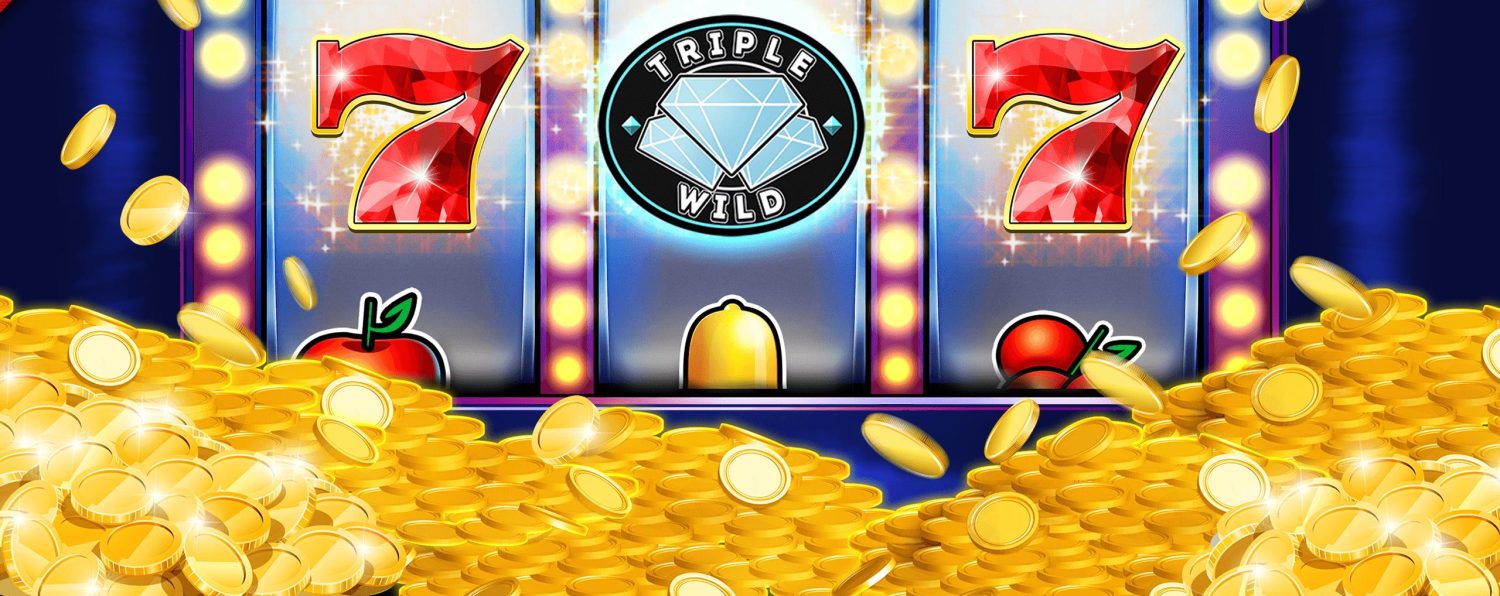
Recently, Macau Legend Development Ltd., the investment holdings company that owns the Macau Fisherman’s Wharf zone and manages the Legend Palace satellite casino, announced that it has struck an initial agreement to sell its Savan Legend Casino in Laos for 45 million US dollars. However, its plan to sell the said casino comes as the company looks to divert additional resources towards its Macau businesses.
A Letter of Intent:
On June 13, the company unveiled that it had officially signed a Letter of Intent with Japanese businessman Shundo Yoshinari committing him to purchase Savan Legend after completing due diligence and meeting several conditions. Moreover, if the agreement meets all of the above requirements, Yoshinari will purchase the whole ownership stake in Macau Legend’s subsidiary MLD Resorts Laos Limited, which entirely owns Savan Legend. In this regard, in a filling on the possible sale of Savan Legend, the company stated: “Two sides could enter into a formal agreement within 14 clear days after completion of due diligence review on the target company and Savan Legend by the purchaser.”
Additionally, according to the schedule detailed by Macau Legend, it is seen that “a formal agreement could be signed by mid-August, with Mr Shundo Yoshinari’s side having to make an initial deposit of US$10.0 million, which will be settled in stages, as the deal proceedings move ahead. The purchaser will be required to pay an additional deposit of US$12.5 million upon signing of the formal agreement.” In addition, the remaining amount of US$22.5 million will be paid upon the conclusion of the formal agreement, according to the company. However, under normal conditions, a formal agreement should be concluded by the second half of September.
Citing the reasons for the sale, the company said: “Although the gaming and hotel business in Lao PDR was profit-making for the financial year of 2022, its financial performance is unstable and such business is subject to increasingly onerous restraints in Lao PDR, thereby limiting its profitability in the future. If the Potential Disposal materializes, the Group can reallocate more financial resources to its business operation in Macau and for overall future development. The Board considers that the entering into of the Letter of Intent and the Potential Disposal is in the interests of the Company and the Shareholders as a whole.”
Prerequisites:
Among the prerequisites to the purchase that Macau Legend previously stated for its casino in Laos are that“Savan Legend enters into a flat tax agreement with the government of Lao PDR on terms agreed by all parties, that the term of the initial gaming license shall be 99 years and that there are no adverse terms to Mr Yoshinari contained with the land tenancy certificate.” Upon fulfillment of the prerequisites and completion of the purchase, the company said that “it expects to be paid the full US$45 million balance within three months of signing a non-disclosure agreement.”
Moreover, Macau Legend, which previously this year struck a new three-year agreement with SJM to continue operating the casino at Legend Palace on the Macau, recently revealed a loss of HK$607.2 million for the 12 months to 31 December 2022, due to the COVID-19 pandemic and related border restrictions.
The legal status of online casinos in India is complex and varies by state. While there is no federal law that explicitly addresses online gambling, the legality depends on state regulations and the type of gambling involved.
Key Points:
-
No National Law: India does not have a specific national law regulating online casinos. However, the Public Gambling Act of 1867 prohibits operating physical casinos and gambling houses, but it doesn't cover online platforms, leaving a legal grey area for online gambling.
-
State-Specific Laws: Some Indian states, like Goa, Sikkim, and Daman, have legalized land-based casinos, and others, such as Sikkim, have also licensed online gambling. Many states have banned gambling altogether, including online gambling.
-
Online Sports Betting: Betting on sports, particularly cricket, is very popular in India. However, it's only explicitly legal in some states like Sikkim and Nagaland, which have laws permitting online gaming and betting.
-
Legal Gray Area: Many international online casinos accept Indian players and operate legally under licenses from offshore jurisdictions (like Curacao or the UK Gambling Commission). As long as players are gambling on licensed platforms, the risk is minimal, but local authorities may still choose to regulate or restrict online gambling.
-
Cryptocurrency: Some Indian players prefer using cryptocurrencies (like Bitcoin) for online gambling, as it provides a layer of anonymity and security.
While online casinos aren't explicitly legal across all of India, many international casinos accept Indian players, and online gambling continues to grow in popularity. Players should ensure they use licensed platforms and understand local laws before engaging in online gaming.






Leave a Reply
You must be logged in to post a comment.